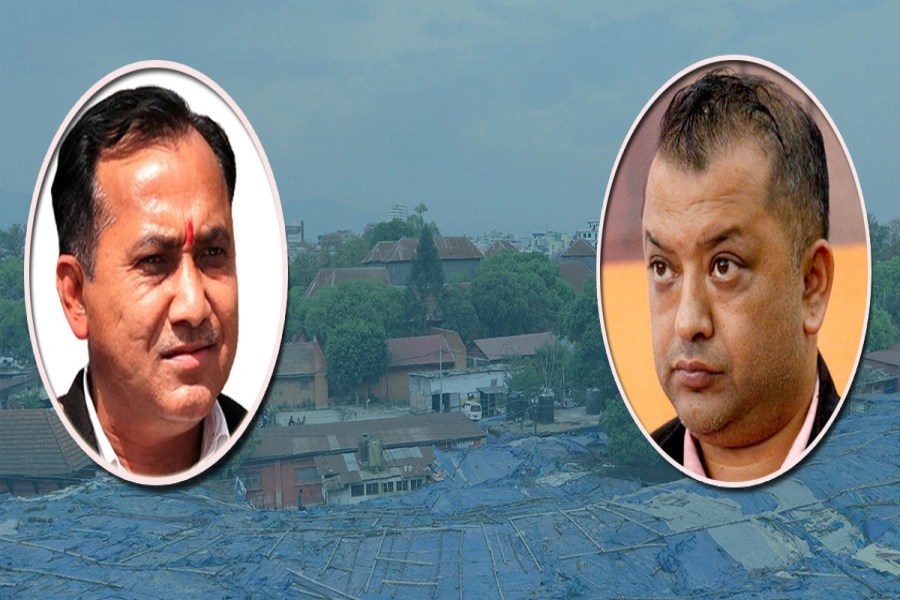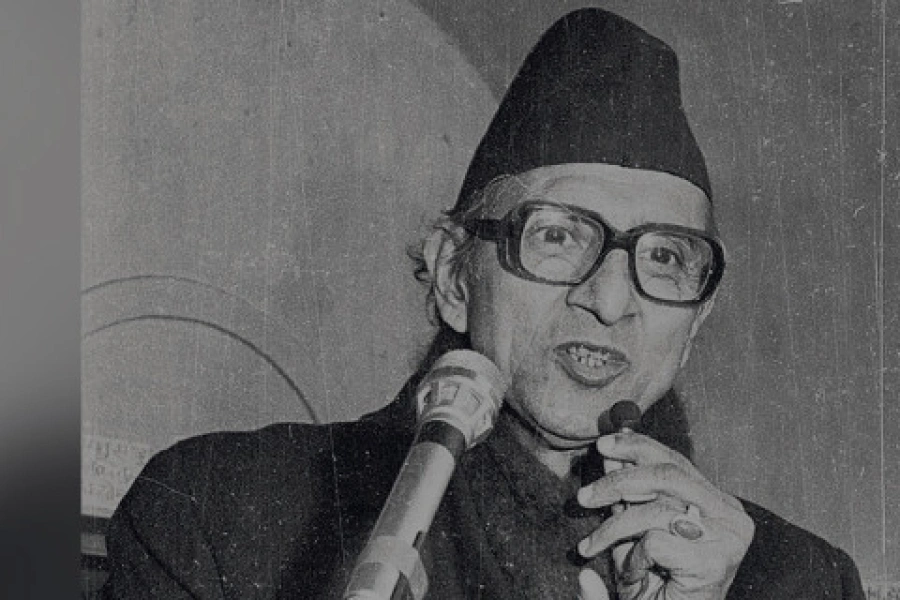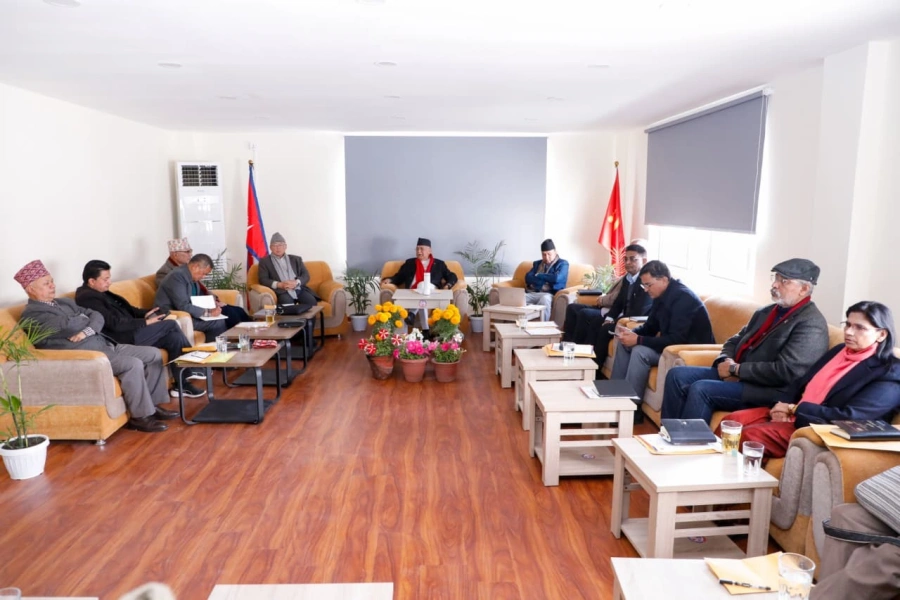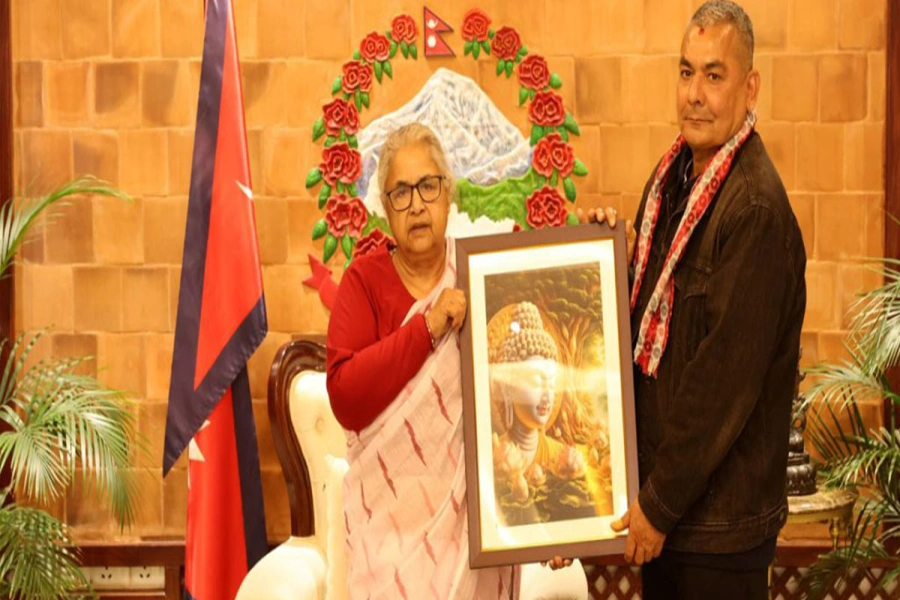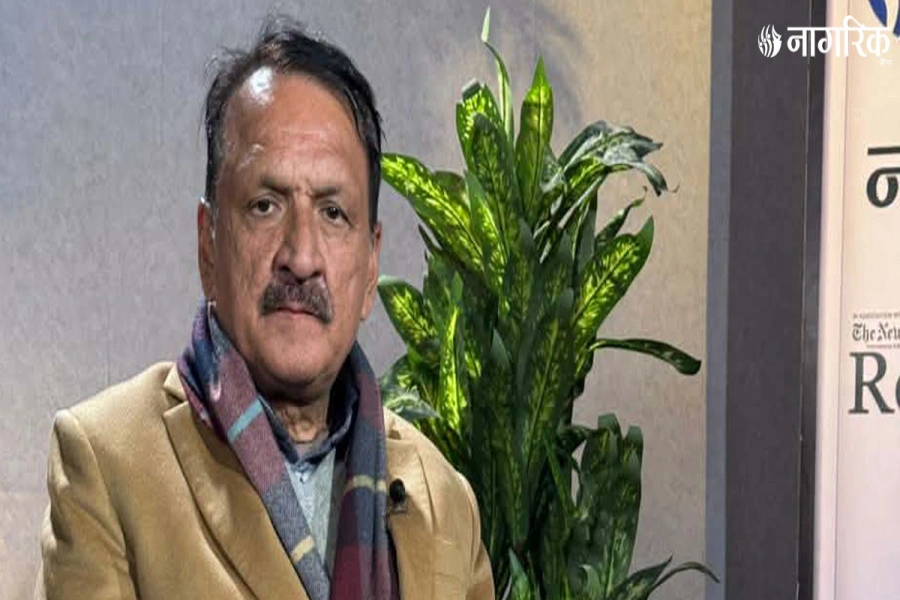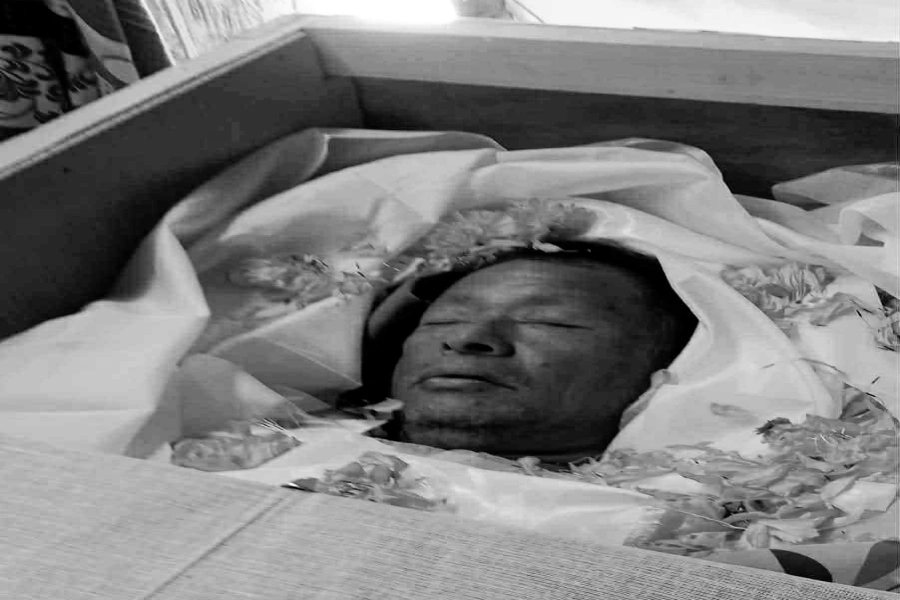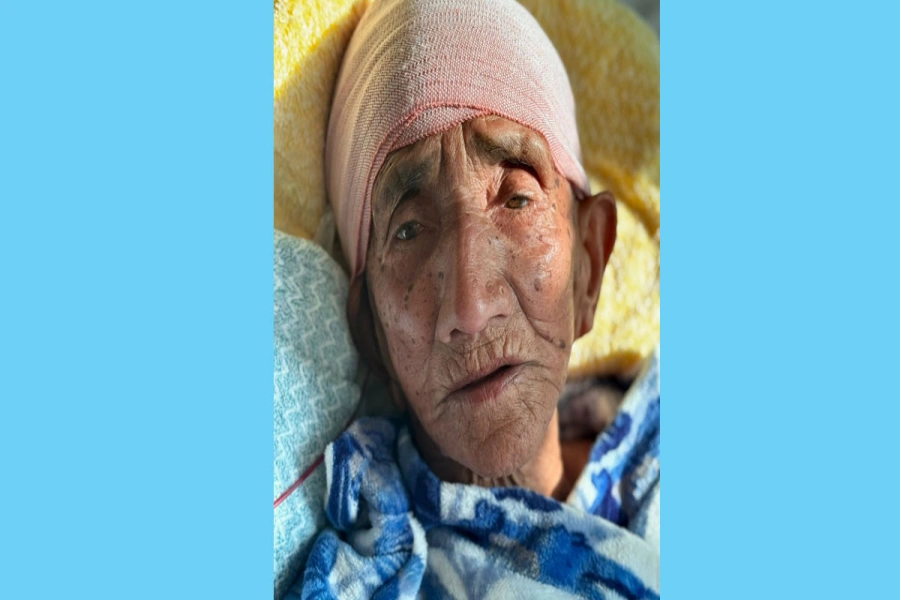Nepal in the later years has been increasingly becoming vulnerable to food insecurity and needs to work towards realizing the right to food in a way to guarantee food sovereignty in the country. Although the interim constitution has placed food sovereignty as a provision to accomplish people’s right to food, the State does not seem to be aware of how to put this right into practice. Nepal has ratified the International Covenant on Economic, Social and Cultural Rights (1966), Universal Declaration of Human Rights (1948) and other treaties and instruments that recognize the right to food, which places both legal and moral obligation on the government to ensure freedom from hunger. Similarly, by adopting the Right to Food Guidelines of FAO governing council in 2004, member States are now in a better position in implementing the right to food, thus helping bridge the gap between legal recognition and effective realization of the right to food. The Voluntary Guidelines support the progressive realization of the right to adequate food in the context of national food security.
The Ministry of Agriculture and Cooperatives mandated for food production and mainly making food available in Nepal isn’t bestowed with the responsibility to work for the right to food. There is not a single sectoral organization either to take care of this right. The first step, therefore, to realize the right to food is to initiate the formation of a high-level powerful central body such as Right to Food Commission. Without political will and adhering national and international laws, implementing the right and adopting concrete policies and programs is not possible. There are steps to realize the right to food such as identifying hungry people by conducting a thorough assessment, formulating a sound food security strategy, allocating obligations and responsibilities to concerned stakeholders, creating legal framework for the right and monitoring progress to achieve the goals.
Food sovereignty and thus the right to food cannot be established without having a massive agrarian reform on the existing traditional agricultural practices in the country. It is the right of people to develop and maintain their own capacity to produce food in their own territory. Farmers must have access to productive land, technology, market, credit and research and extension services. National and international programs and policies, therefore, should not disrupt and destroy local productive capacities of people and peasant families. Food aid should only be provided in emergency situations with a clear exit strategy so as to avoid the creation of dependency. The government, therefore, has to enable right to food by adopting measures that ensures people the right to produce food or enhance capacity to be able to buy sufficient food in the market price. The government must not allow its people to remain at the mercy of free and subsidized food for a long time. This is against the spirit of the right to food, which ultimately reduces the pride and dignity of people.
Although Nepal’s poverty reduction strategy includes food security, the integration of the right to food concept into the development plan however is a new notion. Realization of the right to food agenda cannot be achieved by a single actor. The government is committed to strengthen governance and food right issues in its policies, programs and legal framework but stakeholders and civil society organizations must come forward to forge strong partnerships. As the major movers and shakers, civil society organizations have to play a big role in the realization of the right to food, which is supposed to be a precondition to achieving national food security in the country.
drdahal_h@yahoo.com
Desperate search for missing girls as nearly 80 dead in Texas f...








